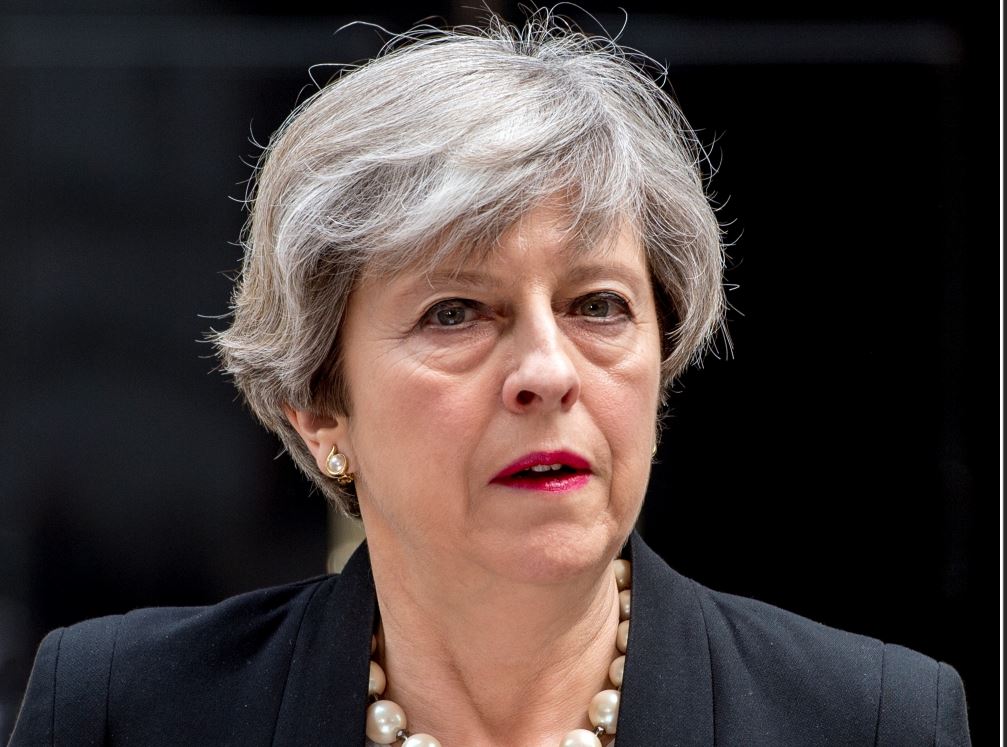UK Prime Minister Theresa May on Wednesday said she will vote against a no-deal Brexit at the end of the month as she warned MPs that they faced “hard choices” after rejecting her deal for a second time.

Battling a sore throat during Prime Minister’s Questions, she insisted the UK can still leave the EU with a “good deal” and that she understood “the voice of the country” on Brexit, the BBC reported.
UK MPs will vote at 19.00 GMT Thursday (12.30 a.m.) on whether to block the UK from leaving the EU without an agreement later this month.
Wednesday’s vote will only apply to the March 29 deadline and would not rule out the prospect of a no-deal exit later this year, if Parliament is ultimately unable to agree a way forward.
After the House of Commons rejected May’s Brexit deal by 149 votes on Tuesday, the EU warned the risk of a “disorderly” Brexit had never been higher.
Its chief negotiator Michel Barnier said the EU “cannot go any further” in trying to persuade MPs to back the agreed terms of exit and the UK had to break the impasse.
May on Wednesday faced renewed pressure from opposition Labour Party leader Jeremy Corbyn to abandon her “dead” departure plan. He called on the Premier to change course after the defeat. He said the deal had been “decisively rejected” and it was time for May to change her red lines.
“The Prime Minister has been stubbornly declaring that the only choice is between her deal and no deal,” Corbyn said. “Last night’s vote finished off her deal. Tonight she’s not even showing the leadership to whip on no deal.”
Corbyn asked which way May would vote on the government motion, for which Conservative MPs will have a free vote. She replied: “I will be voting for the motion standing in my name.”
Dismissing calls from Tory MPs to embrace a no-deal exit now, May said her deal remained the best way to honour the 2016 referendum result. “I may not have my own voice but I understand the voice of the country.”
“I believe we have a good deal. No deal is better than a bad deal but I have been working for us to leave on March 29 and leave with a good deal.”
The EU urged the UK to take “responsibility” for its actions.
“Again the House of Commons says what it doesn’t want. Now this impasse can only be solved in the UK,” Barnier told the European Parliament.
The EU, he suggested, had gone “as far as it possibly can” to satisfy MPs’ concerns over the agreement, particularly in relation to the backstop, an insurance policy to stop a hard border on the island of Ireland.
“If the UK still wants to leave the EU in an orderly manner, this treaty is, and will remain, the only treaty possible,” he said

